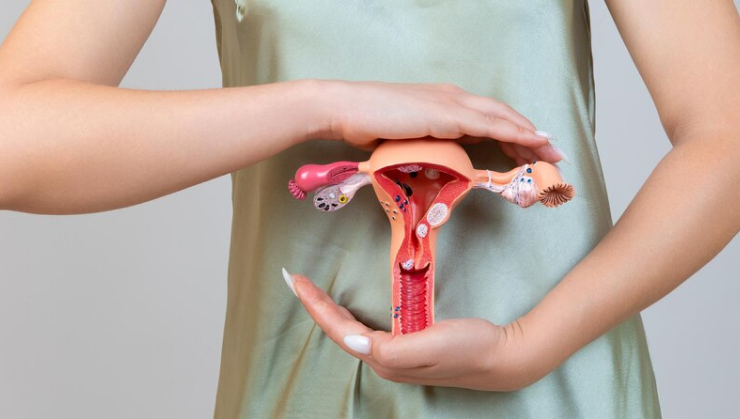Introduction:
Hormones play a central role in the health and well-being of women throughout their lives. These chemical messengers regulate a wide range of bodily functions, from menstrual cycles and fertility to mood, bone health, and more. Understanding the intricate relationship between hormones and women's health is essential for making informed choices and maintaining optimal well-being. In this article, we will explore the critical link between hormones and women's health.
The Role of Hormones:
Hormones are natural substances produced by various glands in the endocrine system. In women, the primary hormones that have significant impacts on health include:
- Estrogen: Estrogen is a group of hormones, with the most notable being estradiol. It plays a crucial role in sexual development, regulating the menstrual cycle, and supporting pregnancy. It also influences bone health and cardiovascular health.
- Progesterone: Progesterone is essential for preparing the uterine lining for pregnancy and maintaining it. It also affects mood, sleep, and menstrual cycles.
- Testosterone:Though often associated with males, women also produce testosterone. It plays a role in sexual desire, muscle mass, and bone density.
- Thyroid Hormones: Produced by the thyroid gland, thyroid hormones influence metabolism, energy levels, and overall well-being.
Women's Health at Different Life Stages:
- Puberty and Adolescence:
- Reproductive Years:
- Pregnancy:
- Menopause:
- Hormones like estrogen trigger the onset of puberty, leading to breast development, menstruation, and the development of secondary sexual characteristics.
- Ensuring proper nutrition and a healthy lifestyle is crucial during this phase to support healthy hormone balance and development.
- Hormonal changes throughout the menstrual cycle impact fertility, mood, and physical well-being.
- Birth control options, whether hormonal or non-hormonal, offer choices for contraception and menstrual cycle regulation.
- Hormonal changes during pregnancy support fetal development and maintain the uterine lining. - Healthcare providers monitor hormone levels and adjust prenatal care accordingly.
- The transition to menopause involves a significant decrease in estrogen and progesterone, leading to a range of symptoms such as hot flashes, mood changes, and bone density loss.
- Hormone replacement therapy (HRT) can alleviate some menopausal symptoms and reduce the risk of osteoporosis and cardiovascular disease.
Balancing Hormones and Women's Health:
Balancing hormones throughout a woman's life is essential for overall well-being. To achieve this, consider the following:
- Healthy Lifestyle:Regular exercise, a balanced diet, and stress management can support hormonal balance.
- Regular Check-ups: Consult with a healthcare provider for regular gynecological check-ups, including Pap smears and mammograms.
- Hormone Replacement Therapy (HRT): If experiencing severe menopausal symptoms, discuss HRT options with a healthcare provider.
- Birth Control: Choose a birth control method that aligns with your lifestyle and hormonal preferences.
- Stress Reduction: Chronic stress can disrupt hormone balance. Implement stress-reduction techniques like yoga, meditation, and deep breathing.
Conclusion:
Hormones are powerful influencers of women's health throughout their lives, affecting puberty, fertility, pregnancy, and menopause. Understanding the delicate interplay between hormones and women's health is crucial for making informed choices and maintaining overall well-being. Whether addressing hormonal imbalances or managing the natural transitions of life, women's health remains closely connected to the intricate world of hormones. Consult with a healthcare provider for personalized guidance and support to navigate these hormonal changes effectively.
.pdf%20300X60%20PX-02-02.svg)



